Kuala Lumpur, December 2, 2023 – The Malaysian Industrial Commercial and Service Employers Association (MICSEA) expresses its gratitude to the Government for heeding the employers’ request to introduce the Progressive Wage Model (PWM) on a voluntary basis. This approach allows for flexible implementation, taking into consideration factors such as affordability, profitability, and industry competitiveness. The pilot implementation phase will enable the testing of the model’s effectiveness and the refinement of any identified shortcomings or challenges, ensuring its acceptability and practicality.
MICSEA appreciates the Government’s adoption of an incentive-based approach, which promises to provide additional support for small and medium-sized enterprises (SMEs) interested in implementing the PWM (Progressive Wage Model). These SMEs often face resource constraints that hinder their ability to embrace the PWM fully. Although the white paper has outlined some details about the incentives, the adequacy and effectiveness of these incentives remain uncertain, as the precise quantum of salary increments has not been finalized.
As a collective of employers, we believe that the current 12-month duration for incentive payments may be insufficient for companies to smoothly adjust to the wage increases and realize the desired productivity improvements under the PWM implementation. We earnestly hope that the government considers reevaluating this proposed 12-month period. In Singapore, the government initially co-funded the implementation for a more extended 4-year period, offering a point of comparison. MICSEA emphasizes the importance of thoroughly assessing this aspect during the pilot program, as the attractiveness and comprehensiveness of the incentives are key drivers for encouraging companies to initiate and maintain their commitment to PWM implementation.
We acknowledge the implementation’s emphasis on SMEs, which we believe is the correct strategy to enhance the competitiveness of our SMEs when compared to larger firms, which inherently possess the capacity to offer more competitive wages. However, it’s essential to recognize that exempted MNCs and GLCs have SMEs within their supply chains that may opt to adopt the PWM. These SMEs may need to transfer a portion of their increased labor costs, which could subsequently create a ripple effect on the operational costs of these exempted industries and the broader economy.
The central focus should indeed be on boosting productivity, serving as a driving force for SMEs to embrace the PWM. This, in turn, would be acknowledged and valued by MNCs, LLCs, and GLCs, as they would also ultimately benefit from increased productivity levels among their SME suppliers. Ideally, the government should consider a phased rollout of the PWM, tailored to specific sectors and skill categories, particularly those with a significant reliance on skilled labor. An across-the-board implementation could impose a substantial cost burden on all MSEs, given the cascading effects of salary adjustments across the organization. This sector-specific approach would enable the PWM to achieve its intended goals, reshaping the labor market landscape to create a mutually beneficial situation for employers, employees, and the nation as a whole.
Acknowledging the necessity for successful PWM implementation through cross-ministerial collaboration, the establishment of the Special Cabinet Committee, Progressive Wage Policy Implementation Executive Committee, and four working committees has been recognized. However, it is of utmost importance to ensure adequate private sector input by incorporating private sector representation into all these committees, as the proposed structure in the white paper currently lacks such representation. This representation should also extend to the key economic sectors emphasized in the New Industrial Master Plan. Importantly, the private sector’s involvement in shaping the salary guidelines, a critical element of PWM implementation, should be prioritized.

YK Lai, MHRM | TTT
President, Malaysian Industrial Commercial & Service Employers Association
Click download to download the circular
- PERKESO reforms ensure comprehensive protection for all workers, says HR Minister
 KUALA LUMPUR: The Human Resources Ministry, through the Social Security Organisation (PERKESO), continues to undertake comprehensive reforms to strengthen social protection for all contributors, including gig workers and foreign workers, says Steven Sim Chee Keong. The Human Resources Minister said that 10 major reforms have been implemented over the past two years to provide more […]
KUALA LUMPUR: The Human Resources Ministry, through the Social Security Organisation (PERKESO), continues to undertake comprehensive reforms to strengthen social protection for all contributors, including gig workers and foreign workers, says Steven Sim Chee Keong. The Human Resources Minister said that 10 major reforms have been implemented over the past two years to provide more […] - KESUMA’s drive for fair work and shared progress
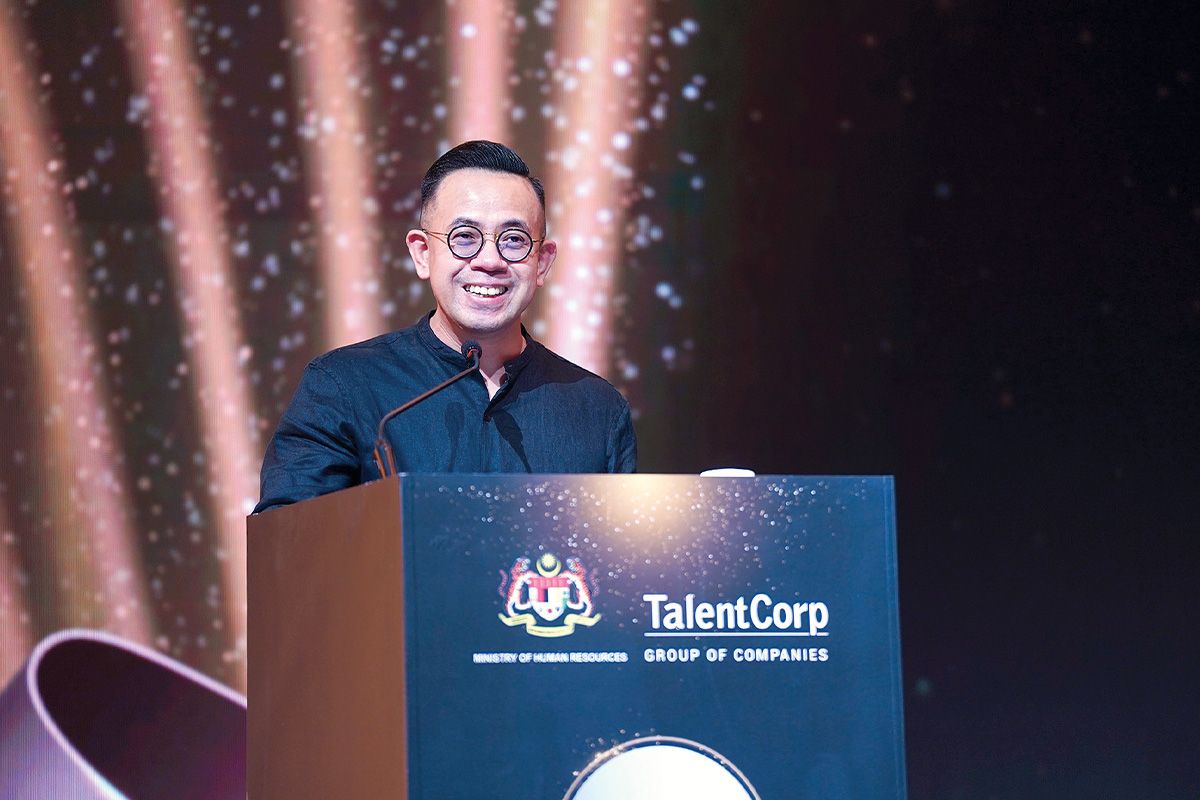 The LIFE AT WORK Awards (LAWA) hosted by Talent Corporation Malaysia Bhd (TalentCorp), celebrates its 10th edition, solidifying its influence as a platform that drives transformation in diversity, equity and inclusion (DEI) in Malaysian workspaces. With concerns regarding human capital rising amid the ubiquity of artificial intelligence (AI), it is crucial now more than ever […]
The LIFE AT WORK Awards (LAWA) hosted by Talent Corporation Malaysia Bhd (TalentCorp), celebrates its 10th edition, solidifying its influence as a platform that drives transformation in diversity, equity and inclusion (DEI) in Malaysian workspaces. With concerns regarding human capital rising amid the ubiquity of artificial intelligence (AI), it is crucial now more than ever […] - ‘Many employers not making mandatory Perkeso, EPF contributions’
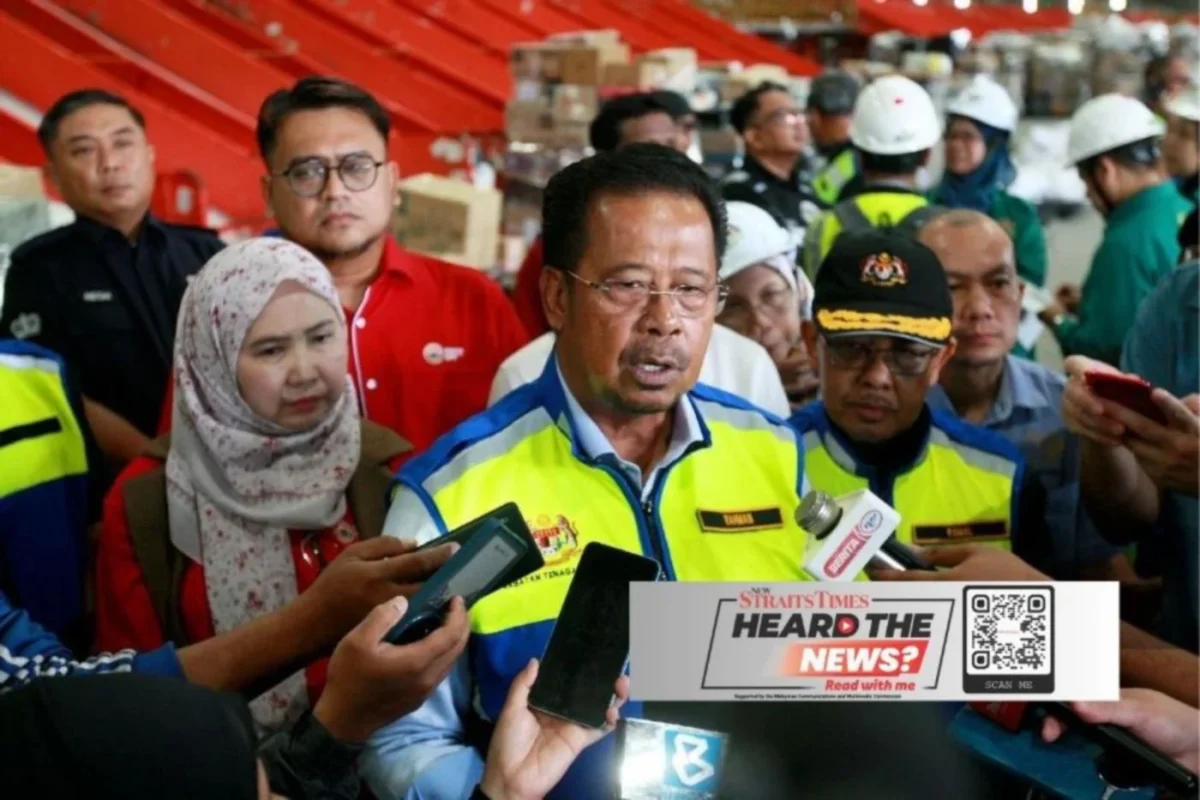 KLANG: The Human Resources Ministry has detected a worrying number of employers still refusing to register or make mandatory contributions to the Social Security Organisation (Perkeso) and Employees Provident Fund (EPF) for their workers. The ministry stressed that such actions violated employees’ rights and denied them basic protection. Deputy Human Resources Minister Datuk Seri Abdul […]
KLANG: The Human Resources Ministry has detected a worrying number of employers still refusing to register or make mandatory contributions to the Social Security Organisation (Perkeso) and Employees Provident Fund (EPF) for their workers. The ministry stressed that such actions violated employees’ rights and denied them basic protection. Deputy Human Resources Minister Datuk Seri Abdul […] - Nearly 500 labour law breach cases detected
 KLANG: Almost 500 investigation papers have been opened against employers for breaches of labour laws as of Nov 1, says Deputy Human Resources Minister Datuk Seri Abdul Rahman Mohamad. Among the most common labour law offences are employers’ failure to make the mandatory contributions to the Social Security Organisation (PERKESO) or the Employees Provident Fund […]
KLANG: Almost 500 investigation papers have been opened against employers for breaches of labour laws as of Nov 1, says Deputy Human Resources Minister Datuk Seri Abdul Rahman Mohamad. Among the most common labour law offences are employers’ failure to make the mandatory contributions to the Social Security Organisation (PERKESO) or the Employees Provident Fund […] - MOHR Won’t Tolerate Companies Preventing Workers From Forming Union
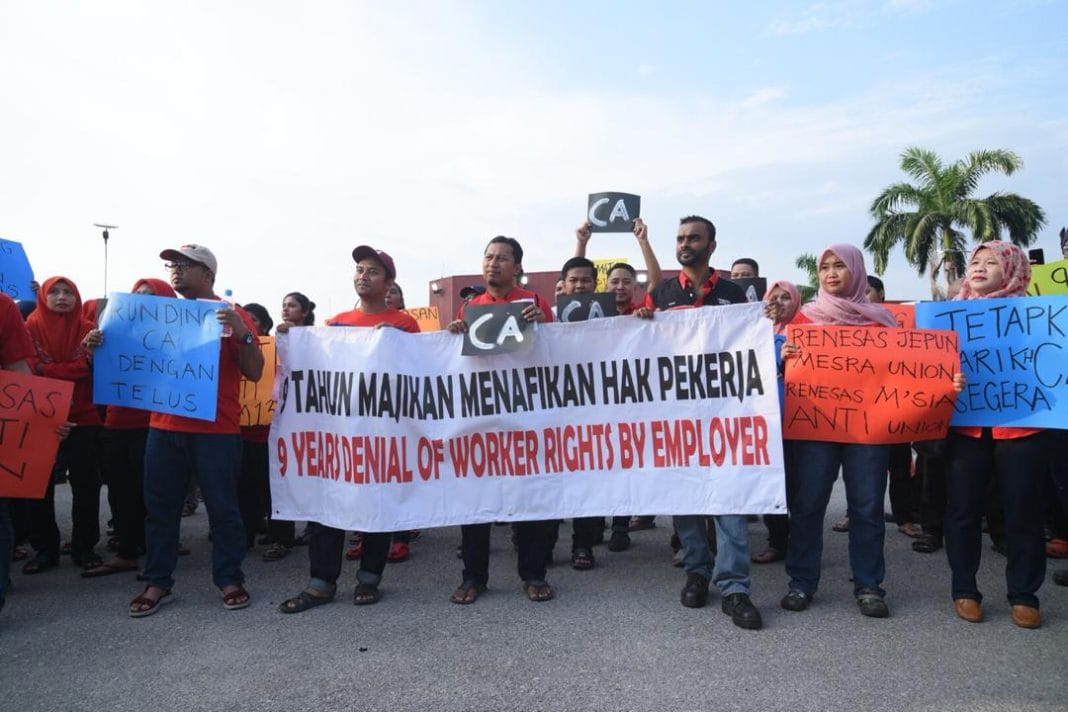 The Industrial Relations Department of the Human Resources Ministry (MOHR) has reaffirmed its commitment to safeguarding workers’ rights after a gathering and memorandum submission by several labour unions concerning alleged union-busting practices. The department emphasised that it respects the constitutional right to peaceful assembly and freedom of speech, while reiterating that workers’ rights to form […]
The Industrial Relations Department of the Human Resources Ministry (MOHR) has reaffirmed its commitment to safeguarding workers’ rights after a gathering and memorandum submission by several labour unions concerning alleged union-busting practices. The department emphasised that it respects the constitutional right to peaceful assembly and freedom of speech, while reiterating that workers’ rights to form […] - Court Orders Employer To Pay 93 Migrant Workers Outstanding Wages
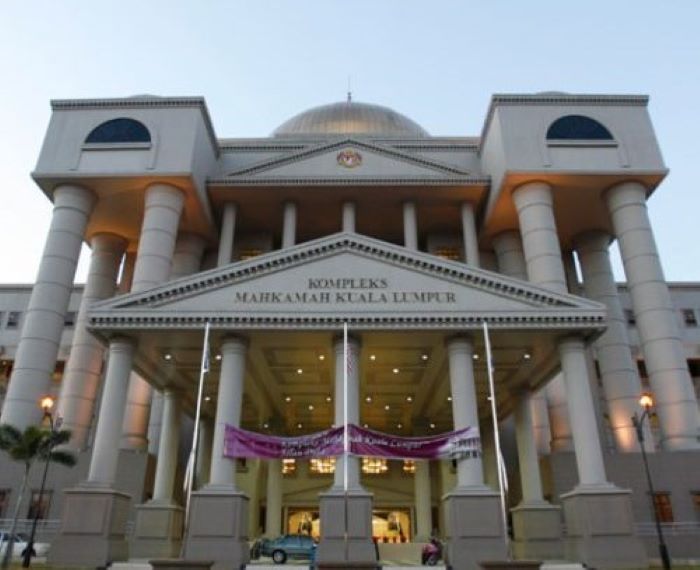 Human Resources Minister Steven Sim Chee Keong has welcomed the Shah Alam High Court’s decision to uphold an earlier ruling by the Labour Court, ordering an employer to pay outstanding wages to 93 migrant workers who were left without work upon arrival in Malaysia. The High Court on 31 October 2025 affirmed the Labour Court’s […]
Human Resources Minister Steven Sim Chee Keong has welcomed the Shah Alam High Court’s decision to uphold an earlier ruling by the Labour Court, ordering an employer to pay outstanding wages to 93 migrant workers who were left without work upon arrival in Malaysia. The High Court on 31 October 2025 affirmed the Labour Court’s […] - No tolerance for employers who withhold wages, says HR Minister
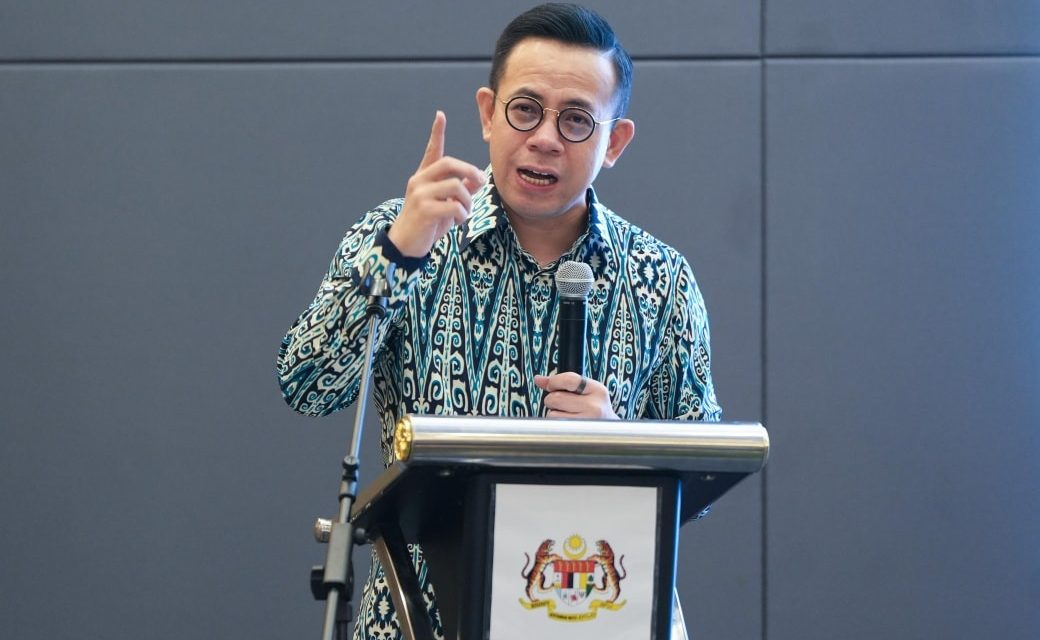 The Ministry of Human Resources (KESUMA) has urged all employers to take heed of the recent Shah Alam High Court ruling which upheld a decision in favour of 93 migrant workers in an unpaid wage case. Human Resources Minister Steven Sim Chee Keong said the Oct 31 decision sends a strong message that failure to […]
The Ministry of Human Resources (KESUMA) has urged all employers to take heed of the recent Shah Alam High Court ruling which upheld a decision in favour of 93 migrant workers in an unpaid wage case. Human Resources Minister Steven Sim Chee Keong said the Oct 31 decision sends a strong message that failure to […] - THE HEART WORK REVOLUTION
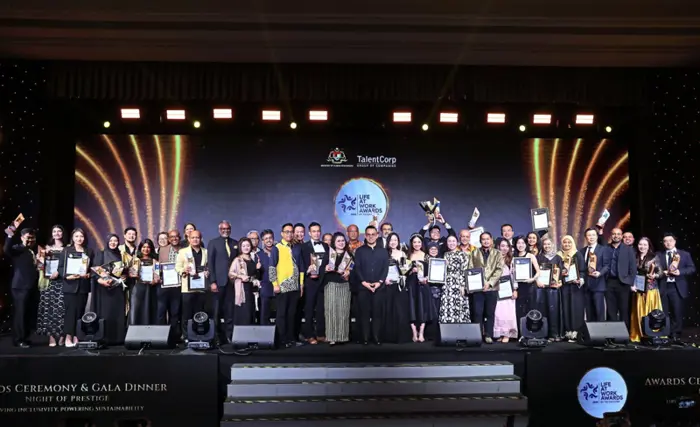 TEN years after its inception, the Life at Work Awards (LAWA) 2025 marked not just a milestone but a movement that celebrates how Malaysia’s workplaces are evolving with compassion, flexibility and purpose. Hosted by Talent Corporation Malaysia Bhd (TalentCorp), the gala night honoured organisations leading the way in shaping a fairer, more progressive, human-centred world […]
TEN years after its inception, the Life at Work Awards (LAWA) 2025 marked not just a milestone but a movement that celebrates how Malaysia’s workplaces are evolving with compassion, flexibility and purpose. Hosted by Talent Corporation Malaysia Bhd (TalentCorp), the gala night honoured organisations leading the way in shaping a fairer, more progressive, human-centred world […] - Group wants clear framework, pilot projects before expanding EIS to gig workers
 PETALING JAYA: The Malaysian Industrial, Commercial and Service Employers Association (Micsea) has called on the government to set a clear policy framework and run pilot projects before expanding the Employment Insurance System (EIS) to gig and platform-based workers. The association said the plan, announced by human resources minister Steven Sim in the Dewan Rakyat on […]
PETALING JAYA: The Malaysian Industrial, Commercial and Service Employers Association (Micsea) has called on the government to set a clear policy framework and run pilot projects before expanding the Employment Insurance System (EIS) to gig and platform-based workers. The association said the plan, announced by human resources minister Steven Sim in the Dewan Rakyat on […] - Employer group seeks clarity on foreign worker pay rules after court ruling
 KUALA LUMPUR (Nov 3): The Malaysian Industrial Commercial & Service Employers Association (MICSEA) is calling on the Ministry of Human Resources (MOHR) to issue clear and structured guidelines on wage payment timelines for foreign workers, following a recent court ruling that employers must pay wages from the moment these workers arrive in Malaysia. The call […]
KUALA LUMPUR (Nov 3): The Malaysian Industrial Commercial & Service Employers Association (MICSEA) is calling on the Ministry of Human Resources (MOHR) to issue clear and structured guidelines on wage payment timelines for foreign workers, following a recent court ruling that employers must pay wages from the moment these workers arrive in Malaysia. The call […]

